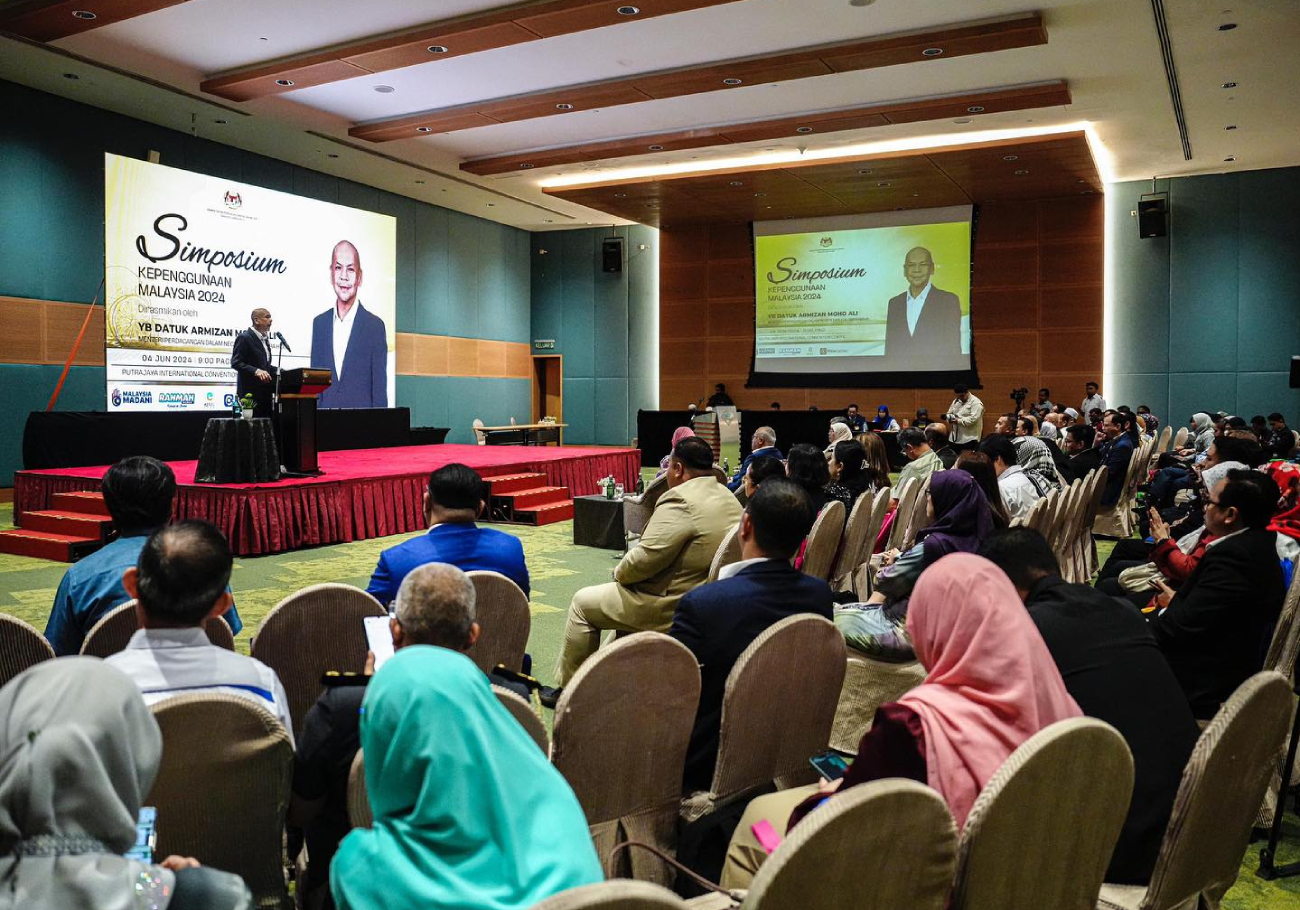
Ministry of Domestic Trade and Cost of Living (KPDN) is taking a significant step towards bolstering consumer rights with the planned introduction of a lemon law in March 2025.
This initiative aims to establish a more robust consumer protection framework specifically addressing defective vehicles.
Building a comprehensive Lemon Law framework

Datuk Armizan Mohd Ali, KPDN Minister, announced the appointment of legal experts to spearhead this effort.
Their task is to research best practices implemented in other countries and conduct consultations with relevant stakeholders.
“They will begin their work in June and deliver a comprehensive report to the ministry by September,” Armizan explained.
A lemon law empowers car buyers, and potentially buyers of other consumer goods, to seek compensation for products that repeatedly fail to meet performance and quality standards.
While Malaysia currently lacks a dedicated lemon law, existing legislation such as the Consumer Protection Act (Act 599), the Contract Act 1950, the Sale of Goods Act 1950, and the Hire-Purchase Act 1967 contain provisions with similar consumer protection features.
Interim solutions for immediate relief

Recognising the need for immediate action, KPDN is implementing two interim consumer protection strategies:
- Negotiation Taskforce: This initiative establishes a tripartite negotiation process involving the ministry, car buyers, and vehicle distributors or manufacturers. This special negotiation focuses on new private vehicles (cars or motorcycles) within six months of registration, still under warranty, and unmodified. If initial claims with manufacturers prove unsuccessful, consumers facing issues with these vehicles can submit complaints through the ministry’s official channels.
- Strengthening the Tribunal for Consumer Claims Malaysia (TTPM): KPDN is collaborating with Bank Negara Malaysia (BNM) to streamline the consent letter issuance process. Currently, consumers seeking compensation for faulty vehicles under the Hire-Purchase Act face challenges due to ownership limitations. By facilitating the issuance of consent letters by banks and financial institutions, this strategy aims to empower consumers to pursue claims at TTPM or court.
“With this collaborative effort,” Armizan emphasised, “we anticipate consumers will be able to successfully resolve their claims at TTPM.”
The introduction of a lemon law and the implementation of these interim measures represent a positive step for Malaysian consumers.
These initiatives demonstrate KPDN’s commitment to strengthening consumer protection and ensuring fair treatment for car buyers facing repeated vehicle issues.











